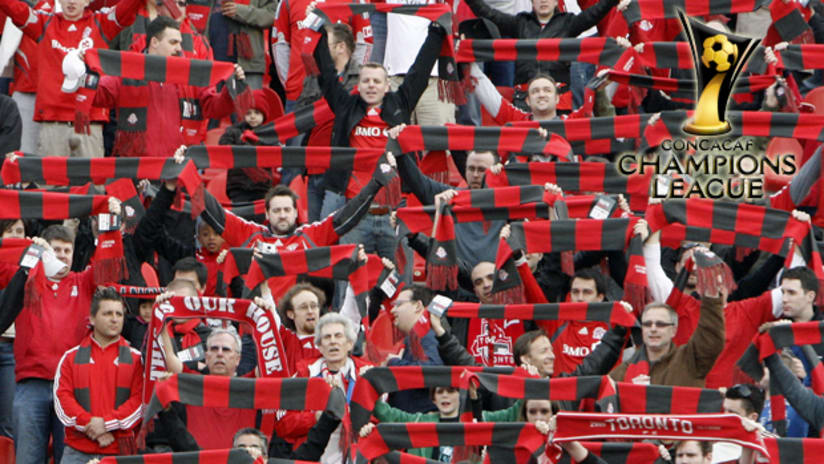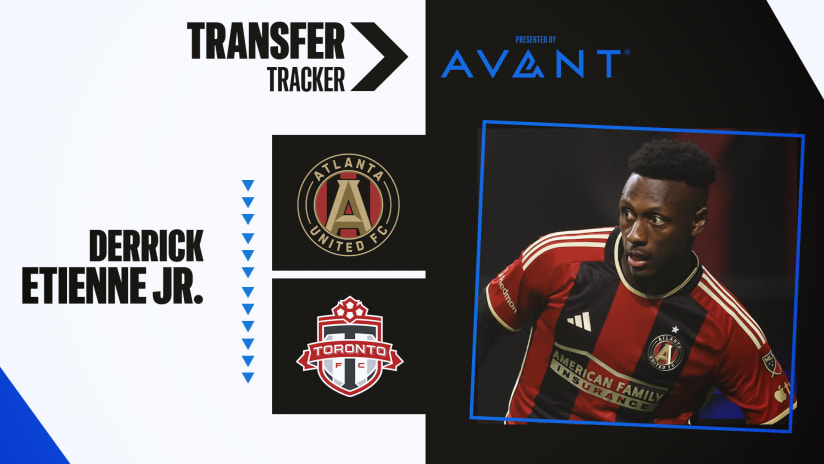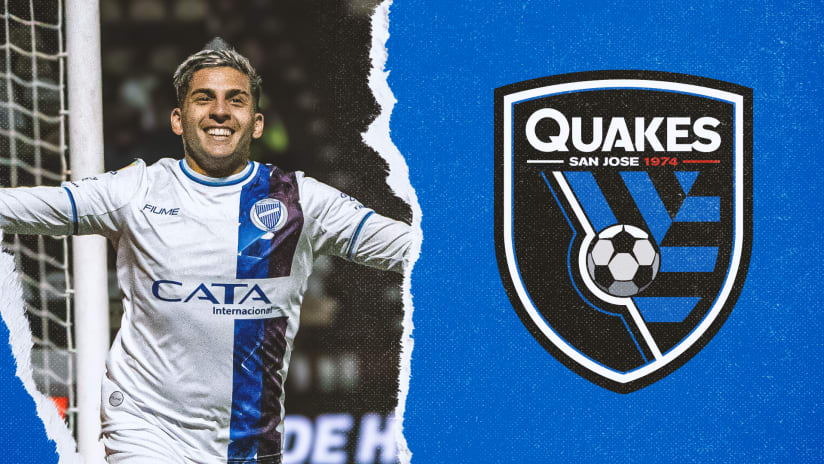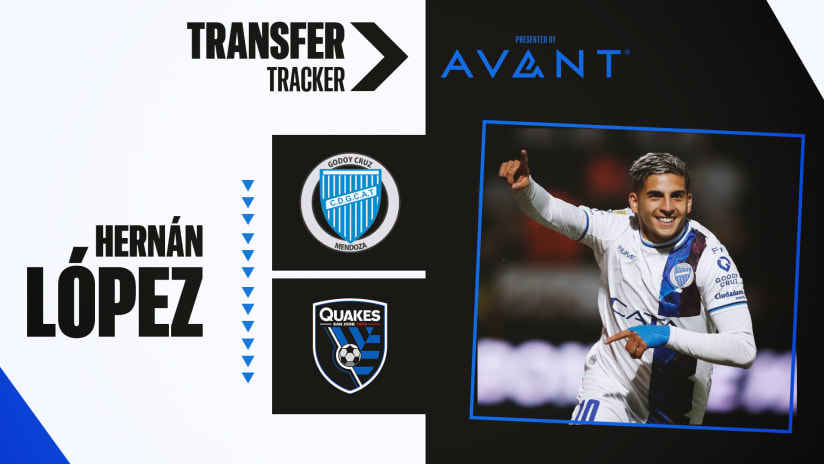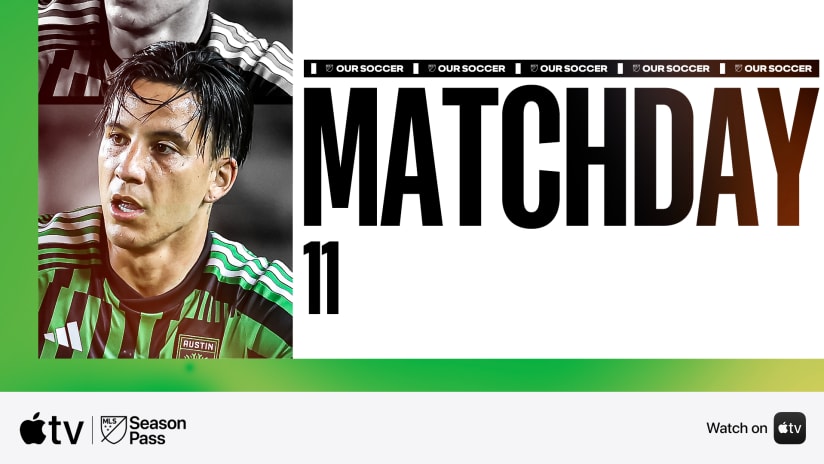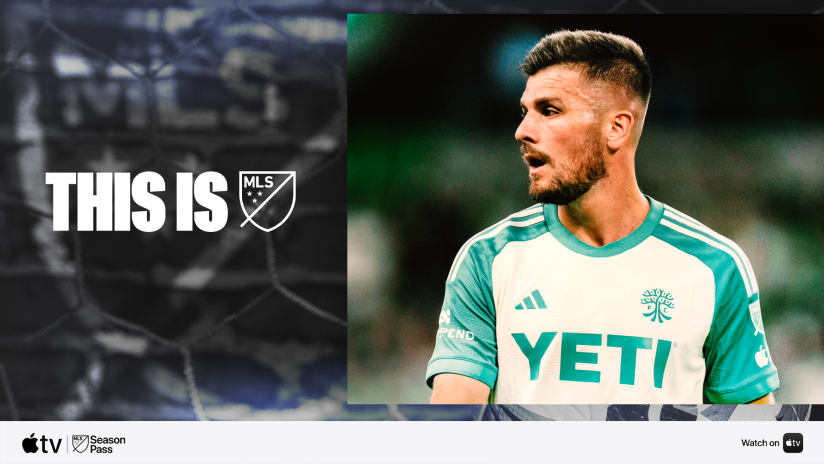TORONTO – Toronto FC knew the magnitude of their achievement when they beat Honduran club Deportivo Motagua.
It meant the franchise had earned a berth in the CONCACAF Champions League group stage for the first time in its history. But, perhaps more importantly, it meant an opportunity to face the best clubs in North America, Central America and the Caribbean for the right to represent Canada—and the confederation—at the FIFA Club World Cup.
Each game against Mexico’s Cruz Azul, Panama's Árabe Unido and Real Salt Lake will write a new chapter in the club’s history. But chances are many fans may not understand what's at stake when TFC take on Cruz Azul at BMO Field on Tuesday. It’s a reality about CONCACAF’s signature club championship not only in MLS cities, but also across the 40-nation confederation.
Entering its third year, CCL emerged from its smaller predecessor, the Champions’ Cup, as part of the confederation’s attempt to strengthen its premier club championship by rebranding it like its higher-profile UEFA counterpart. In a short time, the 24-team tournament has made strides not only on the field, but off the field in corporate partnerships, broadcast coverage and viewership.
But fan education is still a work in progress.
[inline_node:316071]
“It’s something we continue to work on because it’s a new tournament, so it’s obviously something we can’t expect fans to know about right away and to necessarily know who some of the teams are and what the tournament means,” said Benjamin Ramirez Spencer, CONCACAF’s manager of media relations. “A lot of it is focused on digital efforts.”
Those digital efforts go beyond CONCACAF, whose CCL web portal on CONCACAF.com include news, statistics and free live video streaming of select matches. MLSsoccer.com has made a concerted effort to cover the CCL extensively, including launching a portal with up-to-the-minute news, realtime scores, and live fan chats. And TorontoFC.ca has exclusive videos and previews of their CONCACAF matches.
Even still, TFC, who have sold out every MLS home game since their inception, have had to do extra work to inform their fans about their CCL matches.
“Our challenge with the Champions League is that it’s still not a very well known and understood entity,” said Paul Beirne, Toronto FC’s director of business operations. “Just the fact that the tournament exists is still unknown for a lot of people. So that’s been the focus of our communication over the last several months, to try to make people aware.
“The other thing is the awareness of the opponents. If I said CD Motagua to a lot of people, they don’t who it is, they don’t know where they’re from. Once you say Honduras, and you say Amado Guevara, and you say five guys on their starting lineup played at the World Cup, then that starts to get their interest. But it’s just a lot of messages to have to communicate.”
Beirne says getting the message out is the key to turning fans onto the CCL.
“It’s all about communication," he said. "Most of our communication has been electronic, whether it’s outbound e-mails or using our digital content vehicles like GOLTV Canada, TFC TV, our website. We have a very deep relationship with a very small community of people that are fond of TFC and that’s who we’re speaking to.”
TFC have cycled a 30-minute special on club-owned GOLTV Canada entitled, The Road to the CONCACAF Champions League [WATCH]. One tactic to educate the largely Euro-centric fan base was to create a cartoon-esque tutorial video on Internet-based TFC TV called CONCACAF Champions League for Rookies [WATCH], akin to the popular Dummies line. Voiced by assistant GM Jim Brennan, the short video is a primer on CONCACAF and the CCL and is updated as the team passes through the rounds.
For fans recently turned onto soccer, education takes on a different form.
“The Toronto market is used to buying a season ticket once a year and you go to all the games and that’s that,” said Beirne.
The whole notion of multiple tournaments, while it’s second nature for people deeply engaged in international soccer, is not second nature for the mainstream, and that’s why we have gone through this education process.”
In contrast, Toronto FC may be a victim of their own attendance success.
“People still think you can’t get a ticket to TFC and there’s still confusion in the market about season tickets being extremely scarce.” Beirne said. “All of our games appear to be sold out, yet here we have a game that has tickets available. The demand is for season tickets, but not necessarily for one game.”
Though much work remains, the tournament’s continuity works in its favor—not to mention a CCL record crowd of 55,571 at Montreal’s Olympic Stadium on Feb. 26, 2009, for a quarterfinal leg between the Impact and Mexico’s Santos Laguna, which is a testament to what hype and nationalistic fervor can achieve.

